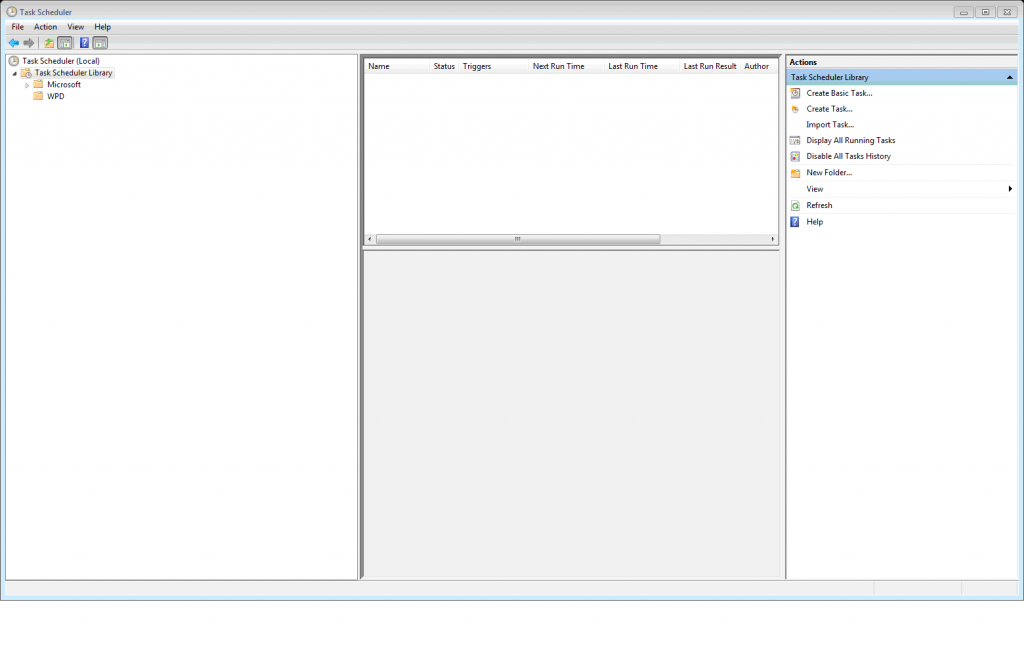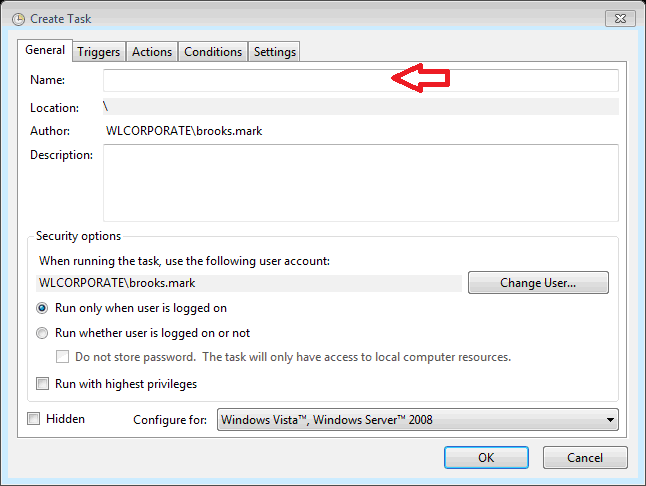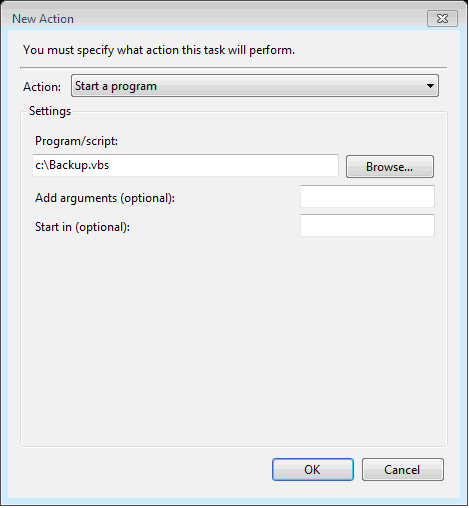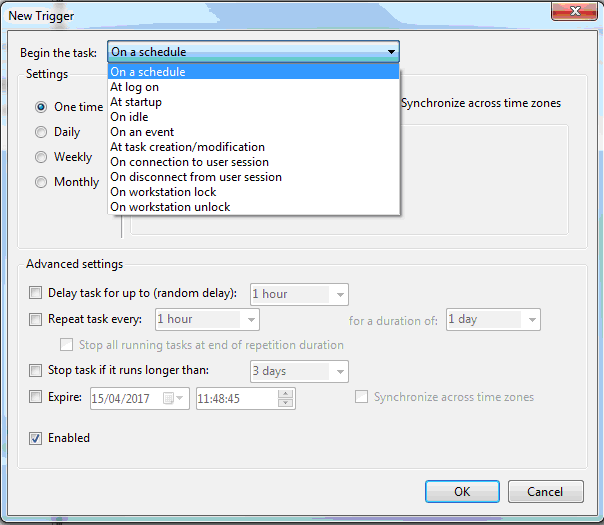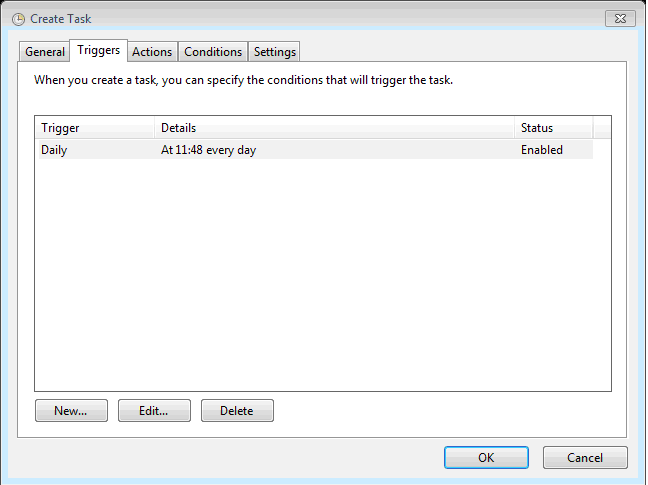The announcement in December 2014 that Microsoft was releasing a version of Visual Studio Community to virtually everyone for free and then again a further announcement in February 2016 of Microsoft’s purchase of Xamarin and subsequent release with VS community edition suggests to me that my theory that cost of development tools should steadily reduce to next to nothing is on the button. Still it comes as a surprise that it seems to be happening so quickly. This can only be a good thing especially when considering that increasingly, any application can be developed locally and sold globally or at least published internationally.
In my opinion it is looking more and more likely that the best reason for moving legacy systems to new platforms will in the future not be cost savings but rather revenue possibilities of resulting systems. In a word Software as a Service. But why will anyone one want to create their own Services rather than paying to be a customer of others? Two reasons – number one – at present the field is wide open and in many fields there is a complete lack of rich software out there applicable to individuals problem, secondly the caution with which some individuals will relinquish their information and knowledge of their tools – in that respect revenue generation might just be a nice optional bonus. I do think that different categories of software will progress at different rates and maybe in that respect we can look to Accounting software to see the future for other categories. Everyone is interested in money and the shear ubiquity of the requirement for accounting support has focused resources heavily on tools resulting in a healthy market of options for customers for online software. There are still sticking points in the form of cost especially when being charged on a per seat basis but it is no longer really practical for any individual organisation to develop their own accounting software especially when you can choose both on quality and price in the wider national markets. But outside of accounting the choice of products seem to be somewhat scarce.
So it seems its early days for Software as a Service but certainly maybe the question should be not what legacy systems need replacing but…
What tool do you have at your work which you think with a redesign could be used by others by publishing to the web?

